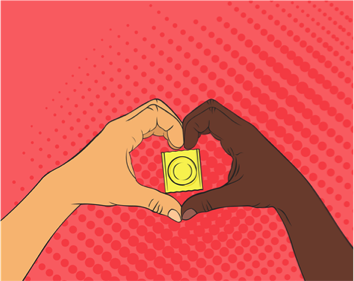
What is thrush?
Thrush is a yeast infection that usually affects women, but can occasionally affect men. It is very common and can keep coming back. Thrush is caused by a fungus called Candida which grows in warm, moist parts of the body such as the vagina, under a man’s foreskin and sometimes the mouth.
Thrush is not classed as a sexually transmitted infection (STI), although the irritation it causes can also affect your partner when you have sex. Some of the symptoms (signs) of thrush can be similar to those of other STIs.

What are the symptoms (signs) of thrush?
Common symptoms of thrush are redness, itching, and discomfort in the genital area as well as pain or discomfort when having sex or peeing (urinating). Additional symptoms include;
Women
- Itching and irritation of the vulva (lips) or vagina
- Thick white discharge – sometimes described as like “cottage cheese”
Men
- Difficulty in rolling the foreskin back
- White, creamy substance under the foreskin

Treatment for thrush
Treatment for thrush is through the use anti-fungal medication, which are available over-the-counter in pharmacies. This can take the form of a tablet you swallow, a pessary you insert into your vagina or an anti-fungal cream. Sometimes you will be prescribed a tablet and cream. Thrush should clear up within a week of taking the tablet or using the cream on a daily basis.
You don’t need to treat partners, unless they have symptoms.
Your GP or sexual health clinic can help identify if something is causing your thrush, such as your period or sex. They’ll recommend how often you should use treatment.

What should I do if I think I have thrush?
Thrush has very similar symptoms to a lot of sexually transmitted infections, so if you have had unprotected sex, or if this is your first time having thrush then we would recommend that you visit us. You can call us to book an appointment.
If you have had thrush before and are certain that it is the cause of your discomfort then you can get medication over the counter at a pharmacy. Alternatively you can visit a Devon Sexual Health clinic to be assessed and discuss treatment.

How can I avoid getting thrush?
To avoid getting thrush;
- Don’t use perfumed soap or better still just wash your genital area with water
- Wear loose fitting cotton underwear
- Take showers instead of baths
- Make sure that you dry your genital area properly
- Don’t have sex until the thrush has cleared up
- Ensure good blood sugar control if you have diabetes

